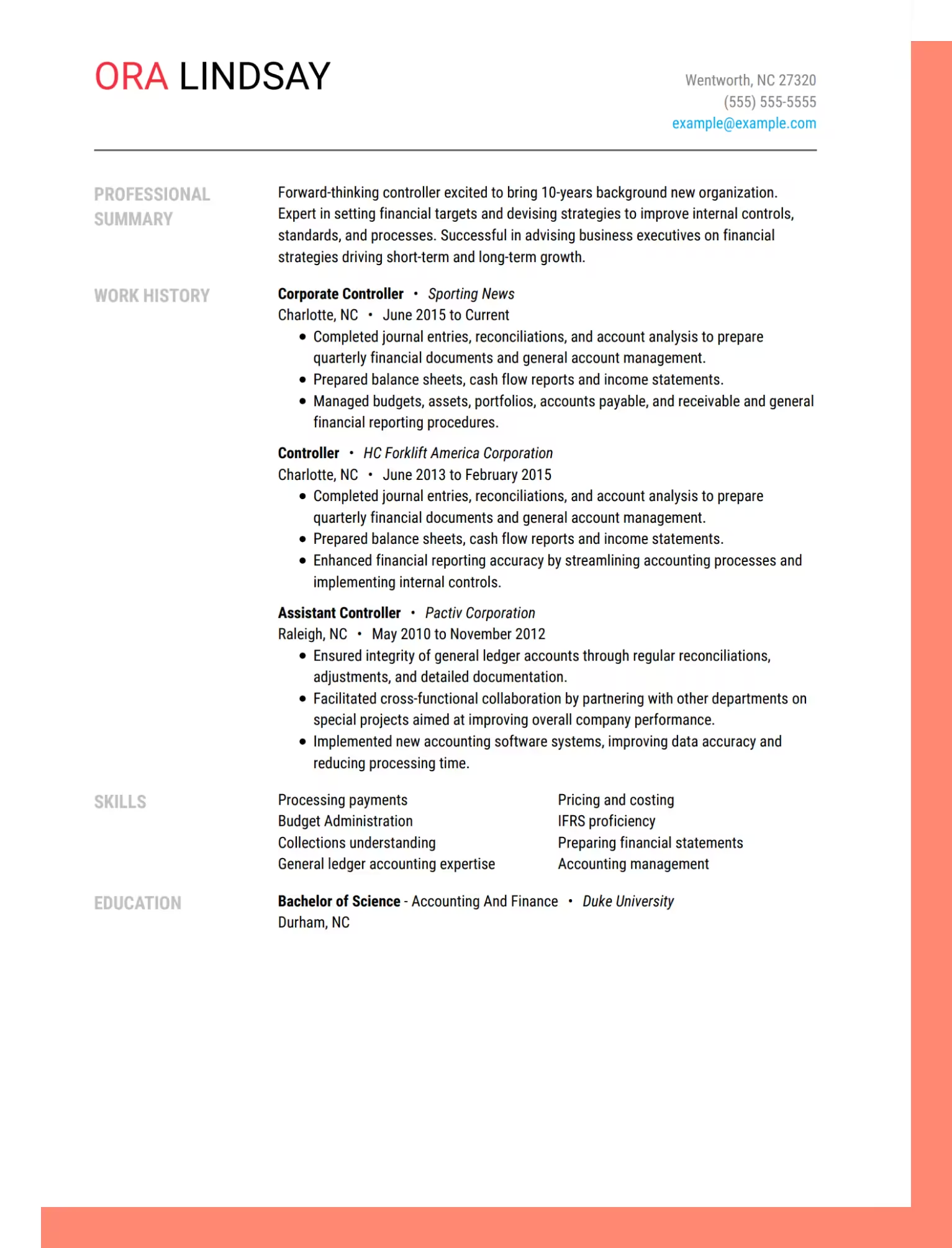Education CV Examples & Templates

- 30% higher chance of getting a job‡
- 42% higher response rate from recruiters‡
Our customers have been hired at:*Foot Note
Education plays a central role in our lives from the time we are very young. As such, the field of education is vast and comprises numerous jobs, including teaching, administrative services, tutors, professors, vocational and corporate trainers and librarians. Educators work in schools, universities, online, corporate offices, libraries, lecture halls and in private homes.
No matter where you are in your education career, we can help you write a CV to beat the competition and obtain a great education job.
We’ll help you build the perfect education CV or resume and create an effective education cover letter to accompany it. Plus, we offer some great education CV examples, resume examples, and cover letter examples to get you started.
More education CVs by job title
Cover letter examples for top education jobs
- Education Assistant Director Resume
- Lead Educator Resume
- College Admissions Representative Resume
- Assistant Principal
- Assistant Superintendent Resume
- Guidance Counselor Resume
- College Counselor Resume
- University Administrator Resume
- Education Administration Executive Resume
- Student Coordinator Resume
- School Counselor
- Residential Counselor Resume
- Resident Assistant Resume
- Superintendent Resume
- Dean Of Students Resume
- Principal
- Registrar Resume
- School Administrator
- Admissions Counselor Resume
- Assistant Principal
- Director Cover Letter
- Educational Assistant Cover Letter
- Mentor Cover Letter
- Principal Cover Letter
- Resident Assistant Cover Letter
- Education Assistant Director Cover Letter
Our customer reviews say it best
Our resume builder makes it easy to craft an impressive, ATS-friendly resume in just minutes.
- Free professionally designed templates.
- Expert suggestions for every section of your resume.
- Start a resume from scratch or edit your existing resume.
Education CV FAQ
What are some essential qualities and skills I should emphasize when writing an education CV?
Hiring managers for education jobs like to see a strong mix of hard and soft skills on an education CV. Top skills for the education industry include:
- Creativity
- Emotional intelligence
- Interpersonal skills
- Adaptability
- Patience
- Basic technology
- Microsoft Office Suite
- Writing
- Language
- Presentation
How do I write a CV for an education career with no experience?
To write a no-experience CV for the education industry, focus on your soft skills that match the job requirements and showcase them over work experience. Highlight your education, especially if you have a GPA of 3.5 or better and have won scholastic awards or scholarships. Rely on relevant volunteer experience, classwork, internships, and community and personal projects to fill out your work experience.
How do I pursue a career in education?
You will need a degree for most jobs in the education sector. Some jobs, such as teaching aide, executive assistant, paraeducator and library technician, are open to workers with associate’s degrees, but most require at least a bachelor’s degree, and many a master’s degree relevant to the specific job title. Depending on the job, you might need at least one certificate, a license and hands-on experience after obtaining a degree.
What is the earning potential of an education career?
Salary for the education industry depends on the specific job title.
For example,
The median income in 2021 for high school teachers was $61,820.00.
The median income for instructional coordinators was $63,740.00 in 2021.
The median wage for teaching assistants in 2021 was $29,360.00.
The median salary for librarians and library media specialists in 2021 was $61,190.00.
What is the outlook for employment in the education industry?
The United States Bureau of Labor Statistics (BLS) expects employment for education, training and library professions to grow 7%, providing 658,200 new jobs through 2031.
How we reviewed this article
Since 2012, we have helped more than 11 million job seekers. We want to make your career journey accessible and manageable through our services and Career Center’s how-to guides and tips. In our commitment to bring you a transparent process, we present our Editorial Process.
Sources
Future Learn, “Explore: The Education Industry”
Student Training and Education in Public Service
The United States Bureau of Labor Statistics, “Occupational Outlook Handbook”


